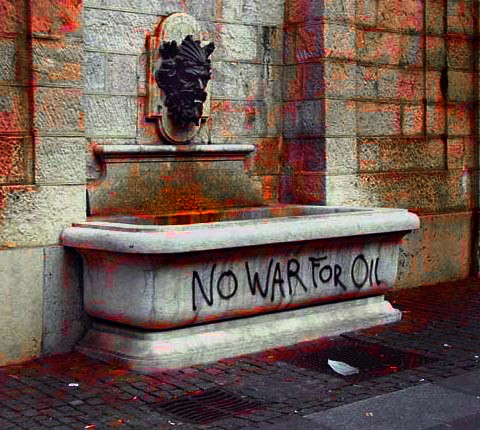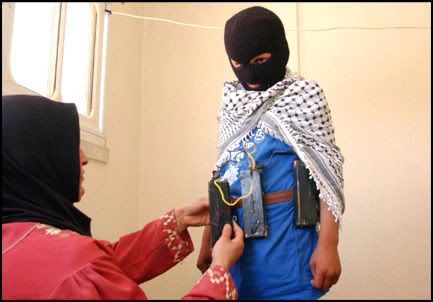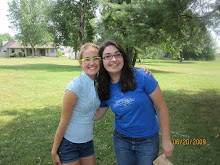I don’t pretend to be an expert on Guantanamo but lets just say that I am not its biggest fan. I chose the readings that I assigned because I wanted to show you the story without making you read the entire book. The first section was to show his capture, the second was to show some of the torture he endured while in prison as a supposed terrorist, and the third section I chose because it really cut deeply into me. The third section I thought was so moving, this innocent man can no longer recognize his family after being tortured for five years unnecessarily. Who are we if we don’t have our family?
The torture scene I chose, I believe I explained to the class earlier in the year but I didn’t feel like I did an adequate job and wanted you to read it for yourself. If you read the entire book (not that you were required) you would have found that there were some torture scenes just as bad and even crueler. What particularly interested me about the scene I chose was that it reminded me greatly of the Roman crucifixtion. I also wanted you to ask yourselves how some one can do that to another person? Also if we claim to save the Iraqi people from their dictator and dangerous government are we not killing and destroying many lives by sending people to Guantanamo prison? Aren’t we just doing the same thing Sadaam did to his people (on a smaller scale)?
I’m sure that Guantanamo saw at least one actual terrorist or potential terrorist, but the vast majority of people were/are not and that is my biggest problem with the prison. Whether or not they are terrorists, no one deserves to be tortured as they are in this prison.









